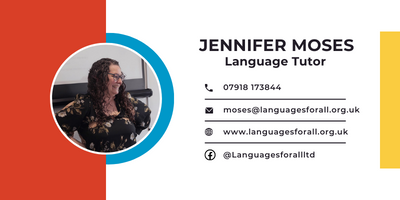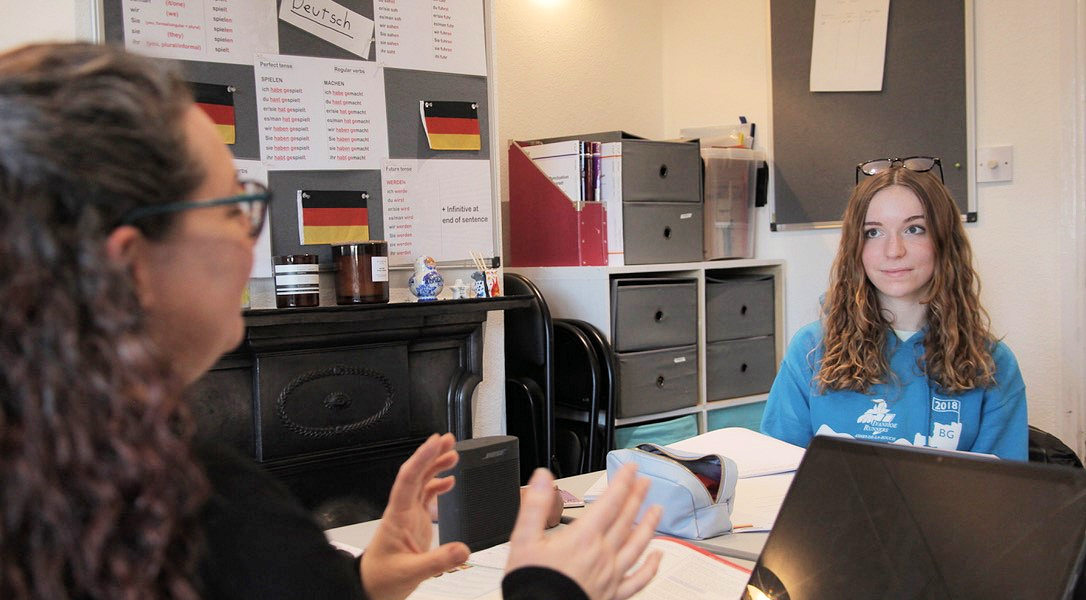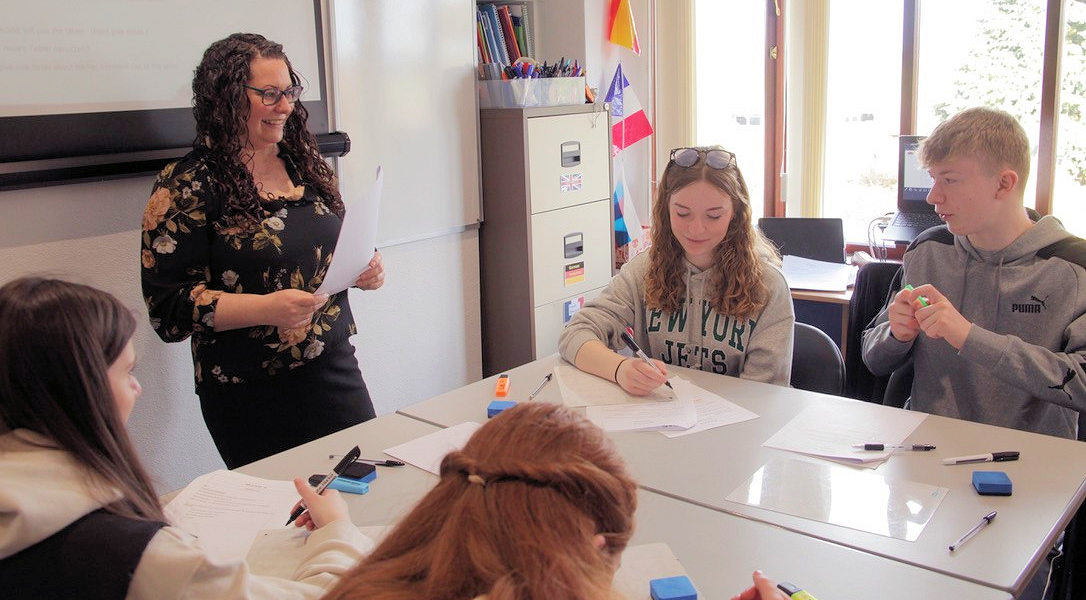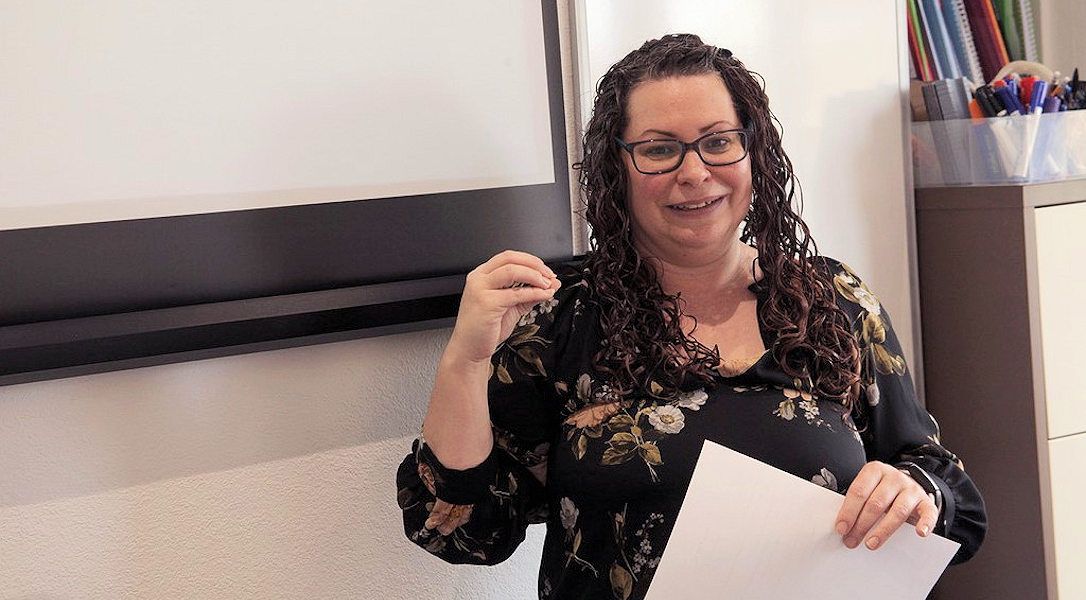
People often say to me; “You must have a talent for languages.” And I must admit, I like hearing it and have agreed that I must indeed do so. However; the truth is, I honestly don’t think I have a particular talent for languages. I met some very talented linguists whilst studying languages at university. I have worked with, and taught, some very talented linguists over the past 20 years, and I can’t say that I belong to this exclusive group of people. Yet, I speak five languages…
The thing is, when we start to talk about someone having a particular talent for something we elevate it to a height that feels unobtainable to many people. By labeling certain people as linguists, we make many feel like they will never master a language. The idea that you must have a particular talent in order to learn a foreign language is a myth that I would like to bust.
Learning another language does not require a special talent. It is not a skill that belongs only to an elite percentage of the population. The truth is anyone can learn a language. Of course, certain things help. I have had certain advantages. I was not brought up bi-lingual, but my parents are both speakers of French and German. I had exposure to these languages at home and through wider family and friends who lived abroad. French was always a part of my life as a child. I heard music and sang songs in French. I was lucky enough to be taken to France and Germany as a child and hear the language spoken around me. I had parents who were role models and spoke French and German when we visited these countries. I also had some early French lessons, before formally starting it at school. These advantages have, without a doubt, helped me get where I am today, but really, the reason I speak five languages is because this is what I have chosen to do with my life; teach and learn languages. I am interested in this, so I spend more time on it than maths or art, for example.
So, what does it mean to successfully master a language?
I think there is no one answer to this question. Language is on-going and ever-changing. The teenagers I teach continue to, as so many have done before, take words and repurpose them, changing meanings and uses. For this reason, and the fact that there are many subject specific words that I simply don’t know, I could easily argue that I haven’t yet mastered English! However, I use it every day to communicate and can always make myself understood. The same is true for me in French, German, Russian and Spanish, although my level in these languages is not as high as my level of English.
My personal goal is to have achieved at least A-level standard in the languages I want to teach, that for me, equals mastery. This goal would be different for others, however. Many of my past learners have been happy to stop at GCSE level, some adults prefer not to engage with exams and qualifications and just simply learn to communicate. The final goal must be down to the individual.
So what do we need to successfully learn a language?
I believe we need simply to engage with it on a regular basis. I practise most of my languages most days, as I teach them, however, I rarely get to use my Russian and definitely feel less confident using it than my other languages. The language I came to most recently, Spanish, I use daily. I am currently working towards an A-level in Spanish and make sure that I do something every day. A big advantage of being an adult learner, is that I am very aware of the skills I find hardest, so I make myself practise these most of all. Listening has always been my weakest skill, so I listen to Spanish every day. I listen to Slow News in Spanish, I do Duo Lingo, I complete listening tasks for my course. There are many ways in which you can check in with a language daily, but for that I would need another blog!
I have mastered my languages because I keep using them. I have forgotten bits at times and have had to work hard to bring them back, but they do come back. What’s more, I know that in order to maintain my languages I have to keep going with them. I have continued to learn them throughout my life and intend to continue doing so.
So, think about what you know most about and ask yourself, why is that? Most likely it is because it is what you do day-in-day-out and put this into your language learning.
You do not need a special talent to master a language, you just need to give it a go and keep going.
You do not need to reach a goal set by anyone but yourself.
Are you a life-long language learner too?
Please feel free to comment and tell me about your language learning goals.
Or get in touch to have a chat about how I can help you achieve those goals.




